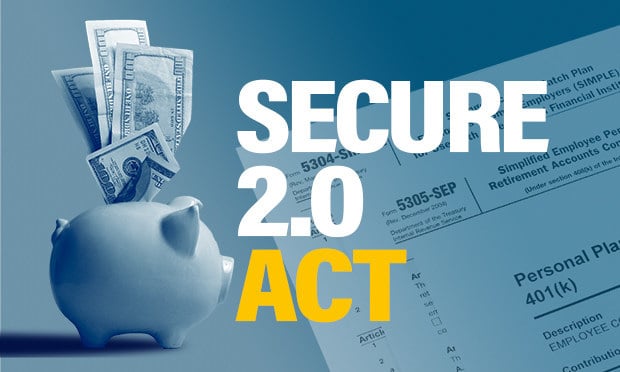WASHINGTON – If there is such a thing as there being a good time for an economic slowdown, CUNA Economist Mike Schenk says the softening economy the country is going through now "couldn't have happened at a better time for credit unions." Nobody of course-Schenk included-wishes for economic prosperity not to continue indefinitely, but credit unions "are in good shape to deal with the situation," he said, partly because so much of credit unions' loan portfolios are comprised of first mortgages. Unlike the savings and loans debacle of the 1980′s that witnessed S&L's having 100% of their mortgages in 30-year fixed interest rate mortgages, Schenk said first mortgages only account for about 25% of credit unions' loan portfolios, and these are a mixture of 15- and 30-year fixed mortgages, as well as some with adjustable rates. "This provides a cushion for credit unions," said Schenk. CUs' capital levels are also at an all time high, and that will also help CUs deal with any economic adverse conditions. First mortgages continue to be the fastest growing part of credit unions' portfolios. In the first part of the year, they grew about 10%. "In some respects credit unions' sizeable mortgage portfolios are a blessing in disguise," he continued. "In an economic downturn, financials are better off if a good chunk of their portfolio is in secured credit. In those types of economic conditions, consumers typically make their mortgage payments first because they don't want to lose the roof over their head. Then come the car payment and utility bills." Schenk expects loan demand to remain weak at least through the second or third quarter of 2002. With September's Consumer Confidence Index just released showing a falloff to 97.6, its lowest level since early 1996-in August it was 114.0 and a year ago the index was 142.5-Schenk said he was actually surprised it didn't decline more in light of September 11′s terrorist attacks. He pointed out though that a good chunk of the survey was done prior to the catastrophe so the attack alone was not responsible for driving the index down. "Consumers are faced with a lot of uncertainty now," said NAFCU's Economist Jeff Taylor. "Still, mortgage rates are continuing to hold up well. Consumers are buying homes not just because they're upgrading from what they're living in now, but because they see real estate as an attractive investment because of the low interest rates." He agreed with Schenk's assessment that the recent terrorist attack wasn't much of an influencing factor in last month's Consumer Confidence Index. Taylor predicts consumers will see 6.8% rates on 30-year fixed rate mortgages. He expects there will be a slowdown of home sales in the higher price ranges, but overall mortgages won't drop down much. "Where we'll see a slowdown is in loans for durable goods and high end items," he said. "We'll probably see the full impact of the terrorist attack on the Consumer Confidence Index in the fourth quarter this year," said Taylor. He reminded credit unions that NCUA has invested a lot of time looking into prepayment risk and credit risk, and the agency has a history of dealing with times of economic slowdowns and in working with credit union managers to deal effectively in this type of economic climate. [email protected]
Complete your profile to continue reading and get FREE access to BenefitsPRO, part of your ALM digital membership.
Your access to unlimited BenefitsPRO content isn’t changing.
Once you are an ALM digital member, you’ll receive:
- Breaking benefits news and analysis, on-site and via our newsletters and custom alerts
- Educational webcasts, white papers, and ebooks from industry thought leaders
- Critical converage of the property casualty insurance and financial advisory markets on our other ALM sites, PropertyCasualty360 and ThinkAdvisor
Already have an account? Sign In Now
© 2024 ALM Global, LLC, All Rights Reserved. Request academic re-use from www.copyright.com. All other uses, submit a request to [email protected]. For more information visit Asset & Logo Licensing.








